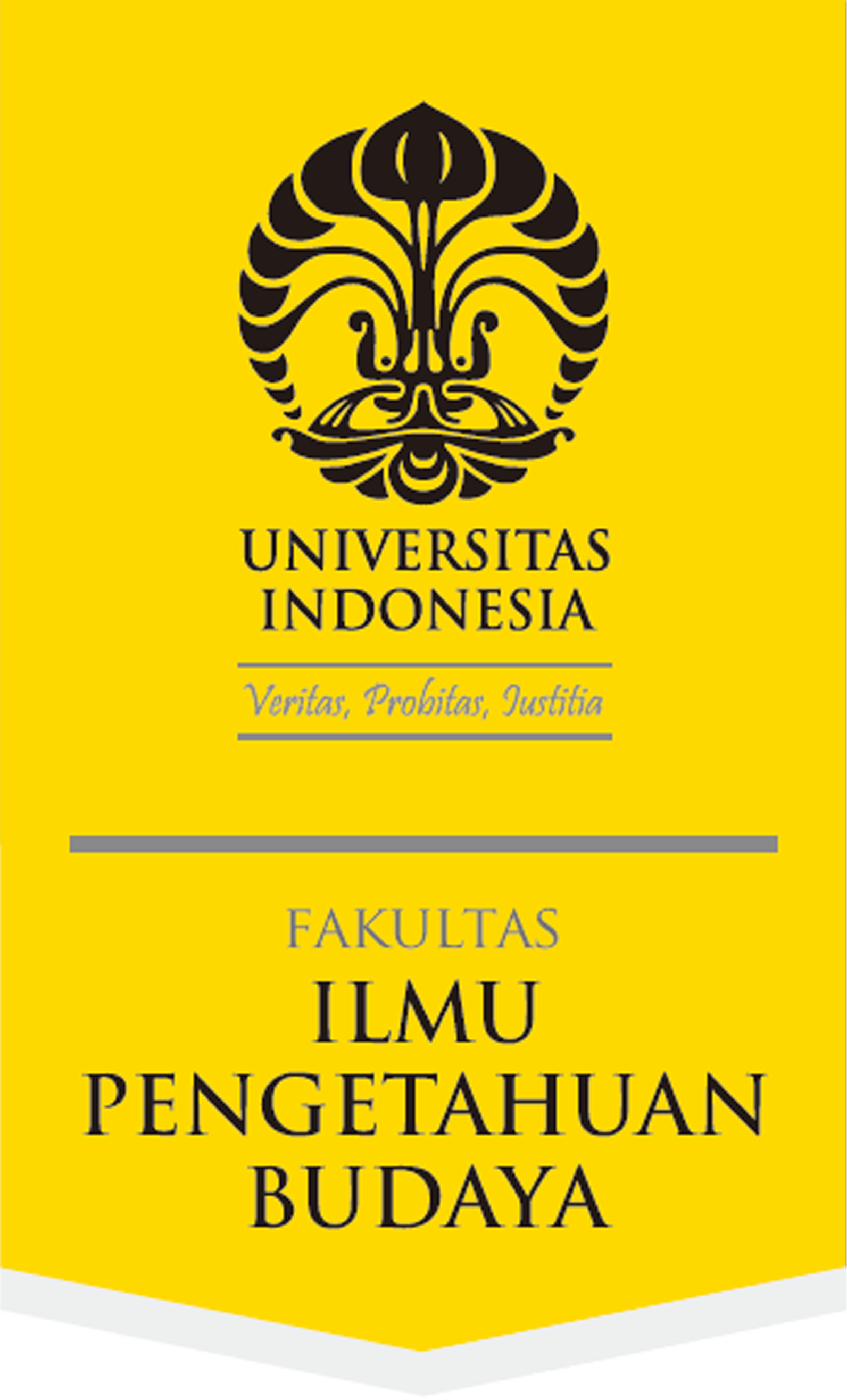Abstract
In discussions on exchange, as well as an object in gift exchange money is often seen as a medium of exchange and a universal equivalent in the circulation of commodities. However, in the case of the management of the copra commodity which we researched on the island of Seram, money had become a factor in shaping a dynamic of gift continuity and transformation in the realm of the copra economy (in this context of the customary practice masohi). It transpires that money has promoted both the observance and erosion of masohi custom. Masohi is a tradition of community work in the island of Seram. It is based on non-capitalist social relations and the principle of reciprocal exchange. This article seeks to describe how money, originally a capitalist medium, has simultaneously served to preserve and transform masohi, which, in its essence, is a non-capitalist institution.
References
Asba, Rasyid. 2007. Kopra Makassar perebutan pusat dan paerah; Kajian sejarah ekonomi politik regional di Indonesia. Jakarta: Yayasan Obor Indonesia.
Bartels, Dieter. 2017. Di bawah naungan Gunung Nunusaku; Muslim Kristen hidup berdampingan di Maluku Tengah. Jilid I: Kebudayaan. Jakarta: Kepustakaan Populer Gramedia.
Bernstein, Henry. 2010. Class dynamics of agrarian change. Bloomfield, Conn.: Kumarian Press. [Agrarian Change and Peasent Studies Series.]
Ellen, Roy. 2003. On the edge of the Banda Zone; Past and present in the social organization of a Moluccan trading network. Honolulu, HI: University of Hawai’i Press.
Gregory, Christoper A. 1982. Gifts and commodities. New York, NY: Academic Press.
Hospes, Otto. 1996. People that count; Changing savings and credit practices in Ambon, Indonesia. PhD thesis, Wageningen Agricultural University.
Kadir, Hatib Abdul. 2014. “Ambon di bawah Orde Baru; Transformasi kapitalisme pada masyarakat pinggiran”. [Retrieved from: http:// satutimor.com/ambon-di-bawah-orde-baru-transformasi-kapitalisme-pada-masyarakat-pinggiran.php; accessed on 24-3-2015.]
Kadir, Hatib Abdul. 2017. Gifts, belonging, and emerging realities among “other Molucans” during the aftermath of sectarian conflict. PhD thesis, University of California Santa Cruz.
Mauss, Marcel. 2002 [1954]. The gift; The form and reason for exchange in archaic societies. London/New York, NY: Routledge Classics.
Parry, Jonathan. 1989. “On the moral perils of exchange”, in: Jonathan Parry and Maurice Bloch (eds), Money and the morality of exchange, pp. 64-93. New York, NY: Cambridge University Press.
Parry, Jonathan and Maurice Bloch. 1989. “Introduction; Money and the morality of exchange“, in: Jonathan Parry and Maurice Bloch (eds), Money and the morality of exchange, pp. 1-32. New York, NY: Cambridge University Press.
Retsikas, Konstantinos. 2016. “The other side of the gift; Soliciting in Java”, Heidelberg Ethnology, Occasional Paper 4: 1-16.
Rudyansjah, Tony. 2009. Kekuasaan, sejarah, dan tindakan; Sejarah kajian tentang lanskap budaya. Jakarta: Rajawali Pers.
Rus, Andrej. 2008. “’Gifts vs. commodity’ debate revisited”. Anthropological Notebooks 14(1): 81-102.
Sahlins, Marshall. 1972. Stone age economy. London / New York, NY: Routledge Classics.
Sahlins, Marshall. 1981. Historical metaphors and mythical realities; Structure in the early history of the Sandwich Islands Kingdom. Ann Arbor, MI: University of Michigan Press. [Asao Special Publications No. 1.]
Saluang, Surya, Didi Novrian, Risman Buanona, and Meifita Handayani. 2015. Perampasan ruang hidup; Cerita orang Halmahera. Yogyakarta: Tanah Air Beta.
Simmel, Georg. 1978. The philosophy of money. London/New York, NY: Routledge & Kegan Paul.
Tsing, Anna Lowenhaupt. 2005. Friction; An ethnography of global connection. Princeton, NJ: Princeton University Press.
Tsing, Anna. 2013. “Sorting out commodities; How capitalist value is made through gifts”, HAU: Journal of Ethnographic Theory 3(1): 21-43.
Valeri, Valerio. 1994. “Buying women but not selling them; Gift and commodity exchange in Huaulu Alliance”, Man, New Series 29(1): 1-26.
Wagner, Roy. 1981. The invention of culture. Chicago, CA/London: The University of Chicago Press.
Recommended Citation
Rudyansjah, Tony and Tihurua, Ode Zulkarnain Sahji
(2019)
"Money and masohi; An anthropological review of copra commodity management,"
Wacana, Journal of the Humanities of Indonesia: Vol. 20:
No.
3, Article 6.
DOI: 10.17510/wacana.v20i3.700
Available at:
https://scholarhub.ui.ac.id/wacana/vol20/iss3/6









